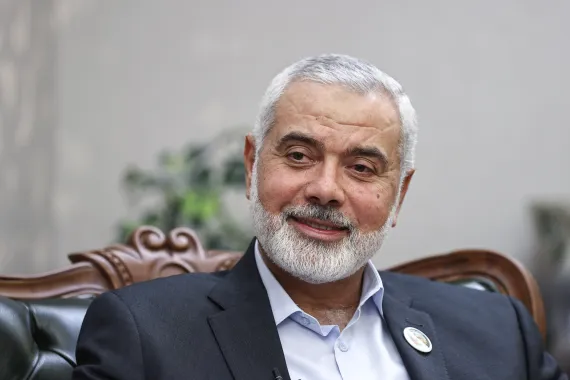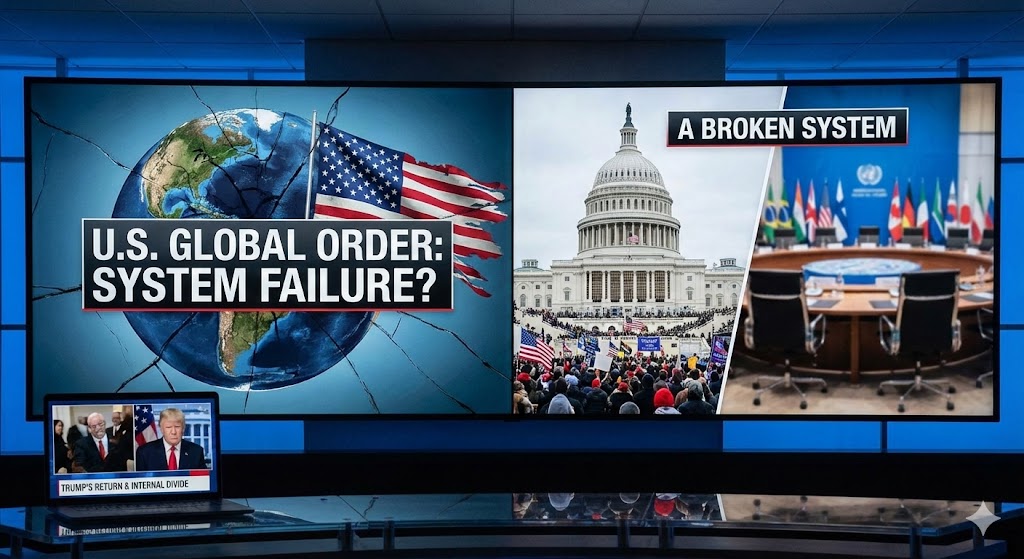On August 1, 2024, the assassination of Ismail Haniyeh, a pivotal figure in Hamas and a prominent voice in Palestinian politics, has precipitated a significant escalation in the Middle East. This event has profound implications not only for the Israeli-Palestinian conflict but also for regional stability and international diplomacy. Here, we delve into the ramifications of this incident and explore its broader geopolitical context.
The Assassination and Immediate Consequences:
The targeted killing of Ismail Haniyeh, executed with a sophisticated and coordinated attack involving firearms and an explosive device, marks a dramatic escalation in the already volatile Gaza Strip. Haniyeh’s assassination has led to a swift and severe response from Hamas, resulting in a barrage of rocket attacks on Israeli cities, including Tel Aviv and Ashkelon. This retaliation has sparked a vigorous Israeli military response, focusing on what are claimed to be Hamas military facilities.
The immediate aftermath of the attack has seen a worsening humanitarian crisis in Gaza. Reports indicate severe shortages of essential resources, exacerbated by the intensified conflict and blockades. The destruction of infrastructure and disruption of services has compounded the difficulties faced by the civilian population, drawing widespread condemnation from international humanitarian organizations.
International and Regional Reactions:
The global response to the assassination and subsequent violence has been swift. The United Nations Security Council held an emergency session, calling for an immediate ceasefire and access for humanitarian aid. Key international players, including the United States and the European Union, have urged both sides to de-escalate and resume negotiations.
In the broader regional context, the incident has significant implications. The role of Israel in the Middle East is increasingly scrutinized. Historically, Israel’s actions in Gaza have been a focal point of contention within the Arab world. This latest escalation reinforces the perception of Israel as a central actor in regional instability, influencing not only its immediate neighbors but also the broader geopolitical landscape.

Perspectives from Gulf Cooperation Council (GCC) Countries:
Gulf Cooperation Council (GCC) countries have expressed concern over the escalating violence. Think tanks and policymakers in these nations are observing the situation with anxiety, as the conflict has the potential to impact regional stability and economic interests. The GCC states, which have been working towards fostering regional stability through diplomatic and economic initiatives, view the ongoing violence as a significant threat to their efforts.
Future of the Middle East:
The assassination of Haniyeh and the ensuing conflict present several critical challenges for the future of the Middle East:
- Potential for Prolonged Instability: The immediate aftermath of the assassination suggests a heightened likelihood of extended violence. The cycle of retaliation between Hamas and Israel could lead to further destabilization in Gaza and potentially spill over into neighboring regions.
- Impact on Peace Efforts: This escalation complicates ongoing peace efforts and negotiations. The prospects for renewed peace talks are bleak, as mutual distrust and hostilities continue to overshadow diplomatic initiatives.
- Role of External Actors: The involvement of external powers, including the U.S., EU, and regional actors such as Iran, will play a crucial role in shaping the conflict’s trajectory. Their positions and interventions will be pivotal in either exacerbating or mitigating the violence.
- Regional Alliances and Diplomacy: The role of GCC countries and other regional actors in diplomacy will be critical. The GCC’s emphasis on stability and economic development may influence their approach to the conflict, potentially leading to more concerted regional diplomatic efforts.
- Humanitarian Considerations: The worsening humanitarian situation in Gaza will require significant international intervention. The global community’s response will be crucial in addressing the immediate needs of the affected populations and mitigating the longer-term impacts of the conflict.
Conclusion:
The assassination of Ismail Haniyeh has not only intensified the conflict in Gaza but has also underscored the complex interplay of regional politics and international diplomacy in the Middle East. As the situation continues to evolve, the role of Israel, the responses of regional actors, and the international community’s engagement will be crucial in determining the trajectory of peace and stability in the region. The coming weeks and months will be critical in shaping the future of Middle Eastern geopolitics and addressing the humanitarian crises that have emerged from this latest escalation.









